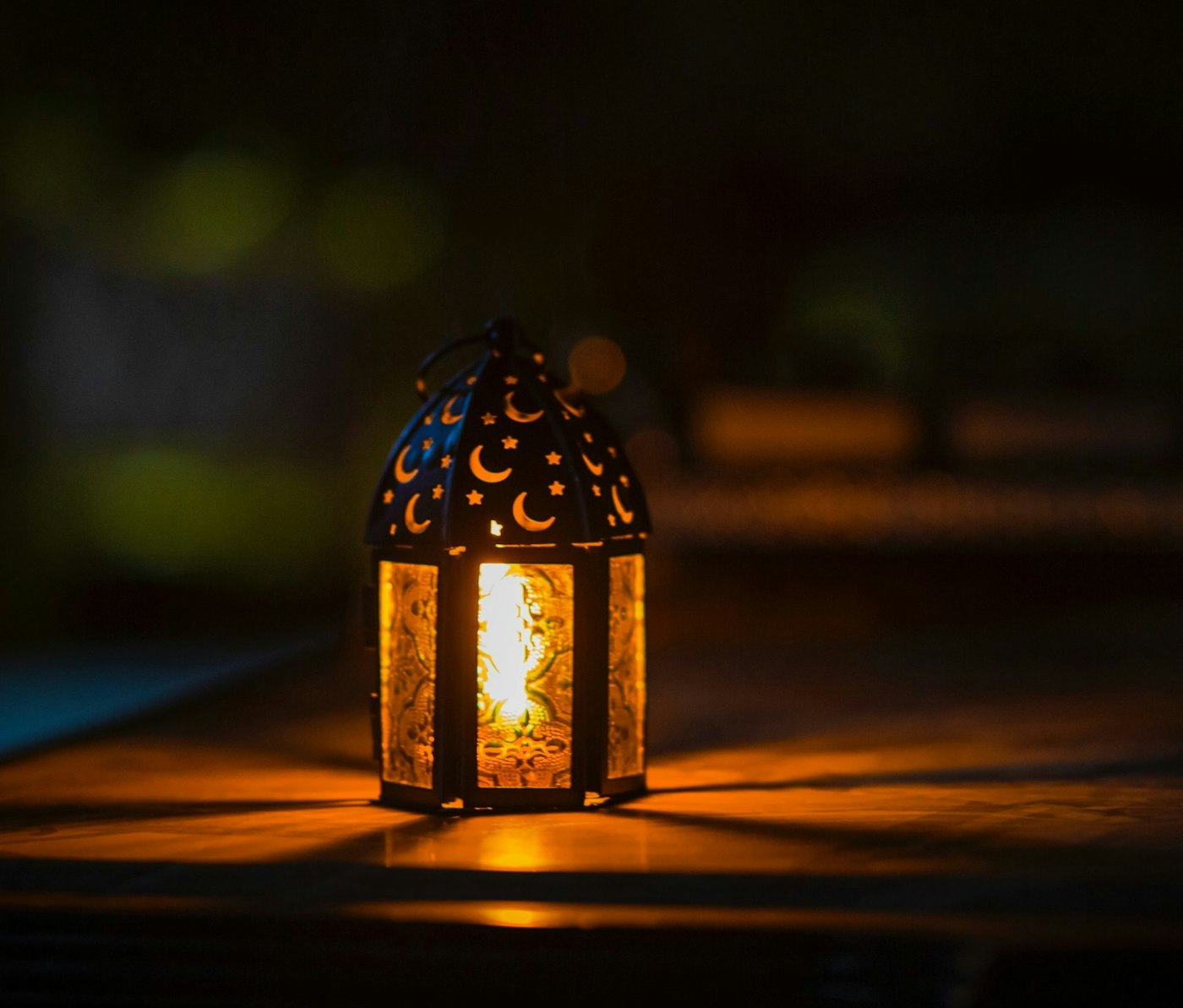
I first started reading about Sawda Bint Zama’a after visiting Al-Aqsa in the month of Rajab this year. As I immersed myself in the location and narrations of Al Isra’ wal Mi’raj, I was surprised to learn that the Prophet Muhammad ﷺ was married to Sawda during this time. Like many, I believed Prophet Muhammad ﷺ to have been a widower.
The Night Journey is understood as a beautiful gift that Allah gave the Prophet ﷺ after his year of grief, during which he lost his beloved wife Khadijah and uncle Abu Talib, as well as suffering rejection and violence in Taif.
Both the marriage to Sawda and the Night Journey are connected in that they came to the Prophet Muhammad ﷺ after a period of extreme anguish.
As I learned more about Sawda, it became clear that, like the Night Journey, she was a balm sent by Allah to ease the Prophet’s ﷺ pain. There are many sources of healing, one of which is the comfort provided by emotionally safe and nurturing relationships. The name Sawda itself, which means a land with many palm trees, evokes beautiful images of an oasis of calm and refuge.
That Sawda was the first woman that the Prophet Muhammad ﷺ married after the death of Khadijah, alone, makes her significant. However, Sawda was also one of the early acceptors of Islam and of those who made hijrah to Abyssinia to avoid persecution. She was known for her easy going, loving and joyful personality, and it is this third characteristic that I want to focus on as her legacy and example for us.
Sawda was known to laugh and make others laugh, embodying an infectious joy that could lift downcast spirits. In one narration, after seeing the Prophet Muhammad ﷺ sad, Sawda is said to have joked that during salah he ﷺ was in ruku’ so long that she feared she would get a nosebleed while praying behind him! He ﷺ is narrated to have laughed in response, lifting his sadness.
Sawda is a reminder to us that faith and humour are not antagonistic forces, and that piety is not necessarily manifested through sternness and rigidity. Allah could have chosen anyone to follow Khadijah as the second wife of the Prophet Muhammad ﷺ and become a mother of the believers. The woman He chose symbolises the healing power of love, laughter, and joy.
Sawda’s lightness of spirit is something we could all learn from, especially as the modern world seems set up to aggravate us, whether it’s through increasing bills or traffic jams. Years later, science now recognises the positive impact of laughter on immunity, stress hormone levels and tension in the body.
Spreading joy and laughter is a beautiful form of sadaqah, and we should all strive to honour our mother, Sawda, by following her example.
Maymunah Khan
Maymunah lives in London and has a background in literature and psychosocial studies. She writes poetry, as well as reflective pieces on the intersection of social justice and spirituality. She currently works in the charity sector.